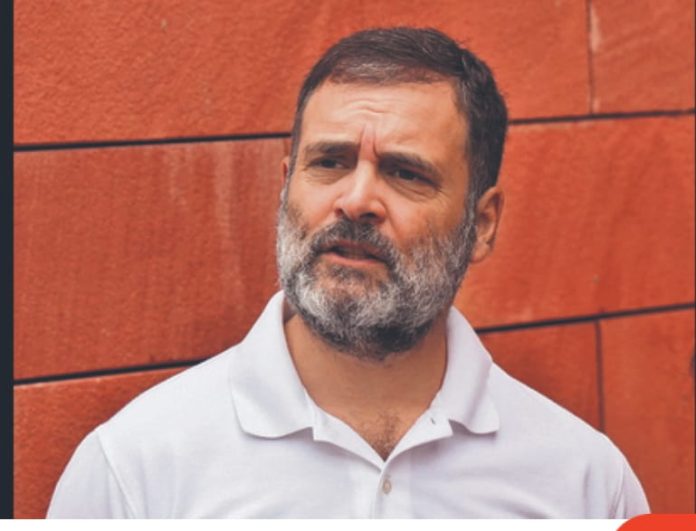Pune : In a significant development, a special court in Pune has allowed Congress leader Rahul Gandhi’s request to convert the ongoing criminal defamation case against him from a summary trial into a summons trial. The case pertains to Gandhi’s alleged defamatory comments about Hindutva ideologue Vinayak Damodar Savarkar during a speech in London on March 5, 2023.
Judicial Magistrate (First Class) Amol Shinde, designated to handle cases involving MPs and MLAs, ruled that the case raises “complex questions of fact and law,” especially concerning historical narratives. The court stated that a more detailed trial process was essential to allow proper examination of evidence and thorough cross-examination of witnesses.
The magistrate emphasized that no harm would be caused to either party if the case proceeds as a summons trial. “The core issue in this matter centers on historical facts, which both parties view differently,” he noted. The court also highlighted that the summary trial process would not suffice to handle such an in-depth historical and legal dispute.
According to the order, most of the evidence would be historical in nature, demanding academic scrutiny. “Trying the case summarily would be undesirable,” the court declared. The ruling further cited Section 260(2) of the CrPC, which empowers a magistrate to convert a summary trial into a summons trial if needed during proceedings.
The defamation charge under Section 500 of the IPC is punishable by up to two years of simple imprisonment, a fine, or both. Such cases typically fall under the summons category, supporting Gandhi’s plea.
Rahul Gandhi’s application, submitted by advocate Milind Pawar on February 18, argued that the case demands a review of Savarkar’s historical role, as raised by the complainant Satyaki Savarkar—VD Savarkar’s great-grandson. Gandhi maintained that his comments were critical but grounded in his interpretation of historical facts, which should be allowed to be debated in court.
Satyaki Savarkar opposed the plea, arguing the speech held no historical value and was merely defamatory. He accused Gandhi of attempting to deflect attention from his controversial remarks by dragging Savarkar’s legacy into the discussion.
The court, however, ruled in favor of Gandhi, recognizing the historical context as central to the dispute.
The ruling comes after the same court granted Gandhi permanent exemption from personal appearances in the case. Gandhi, who previously joined hearings via video conference, had been granted interim bail on a ₹25,000 personal bond. His legal team had cited security concerns in Pune, referring to the city’s association with Nathuram Godse and the past assassinations of Gandhi family members.




